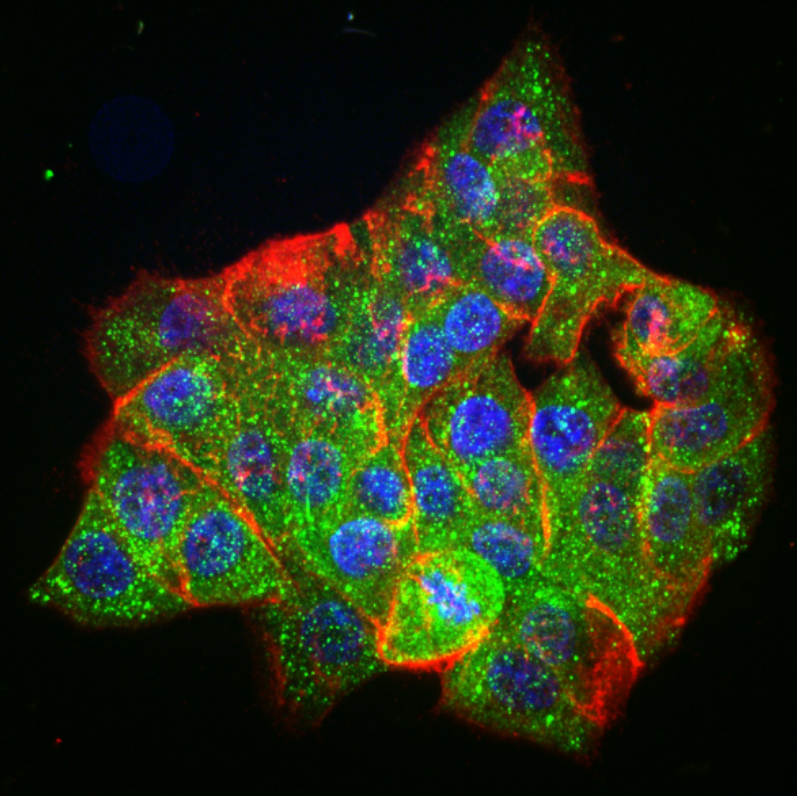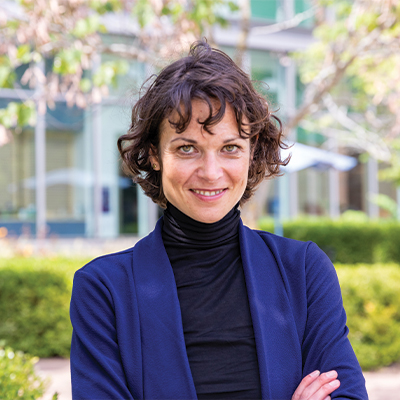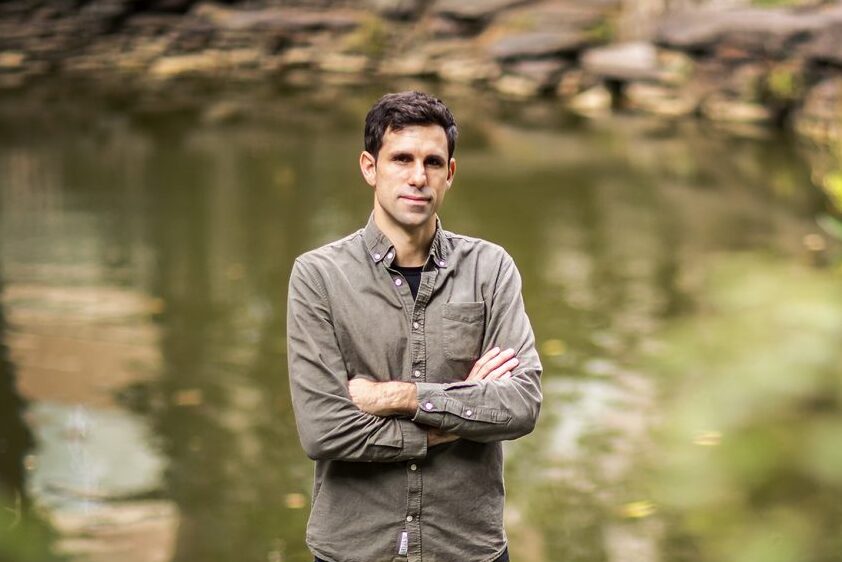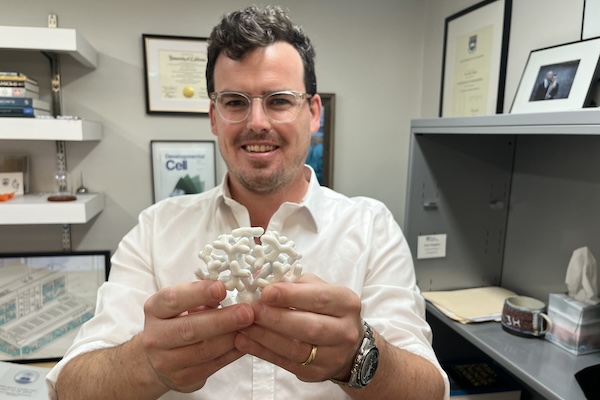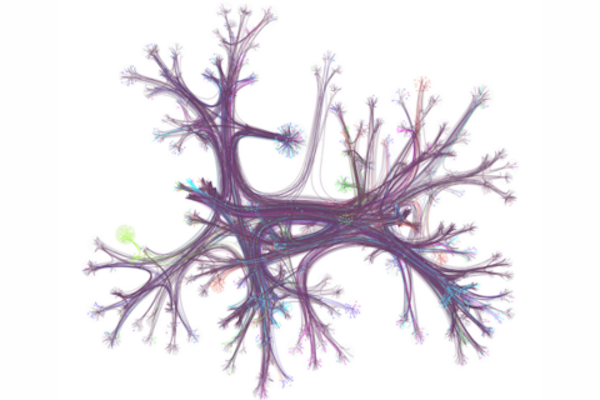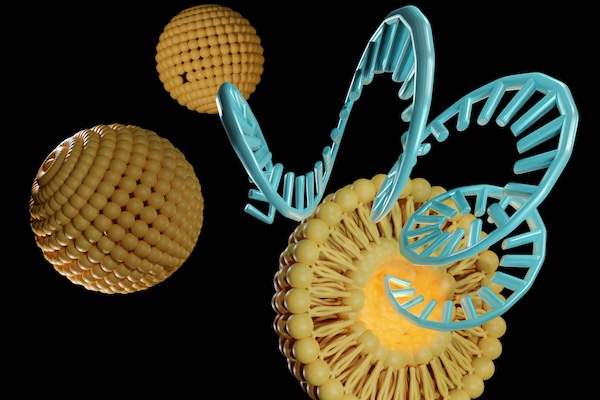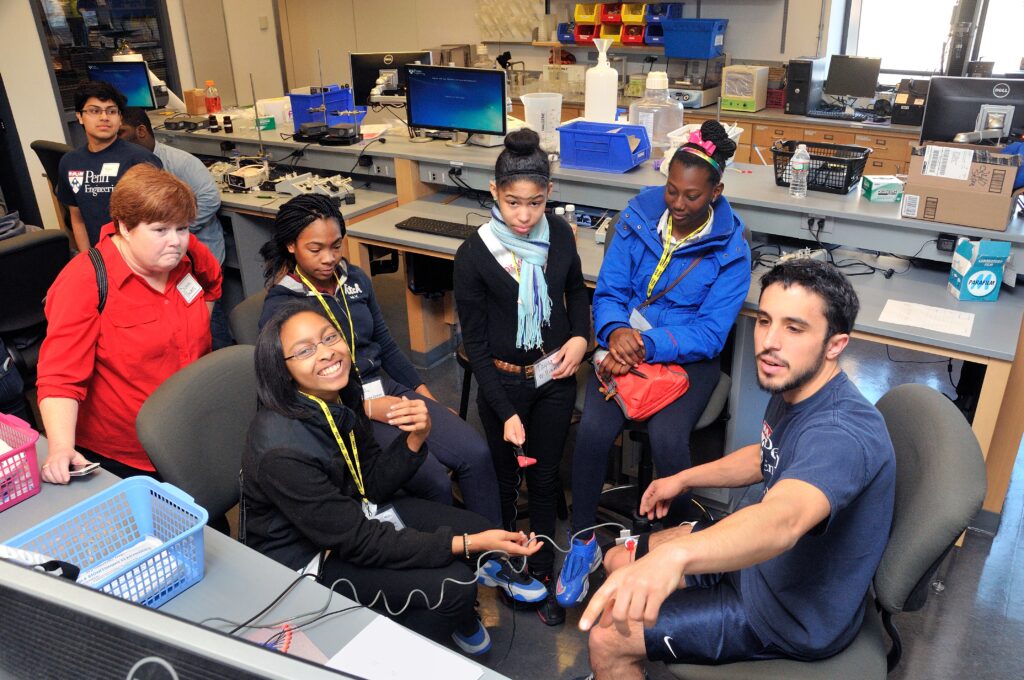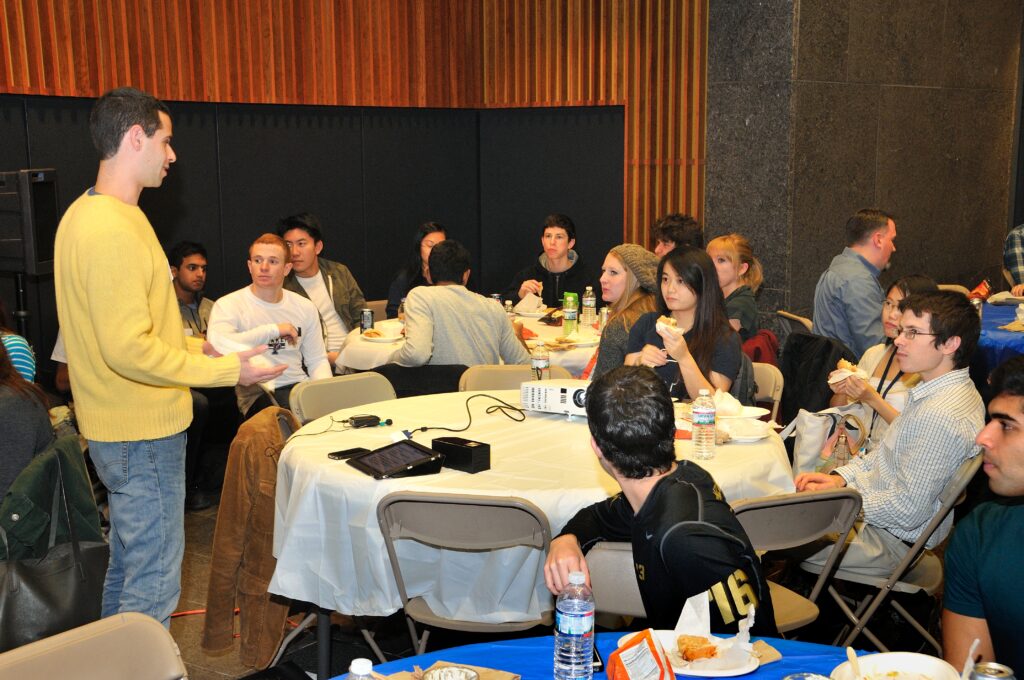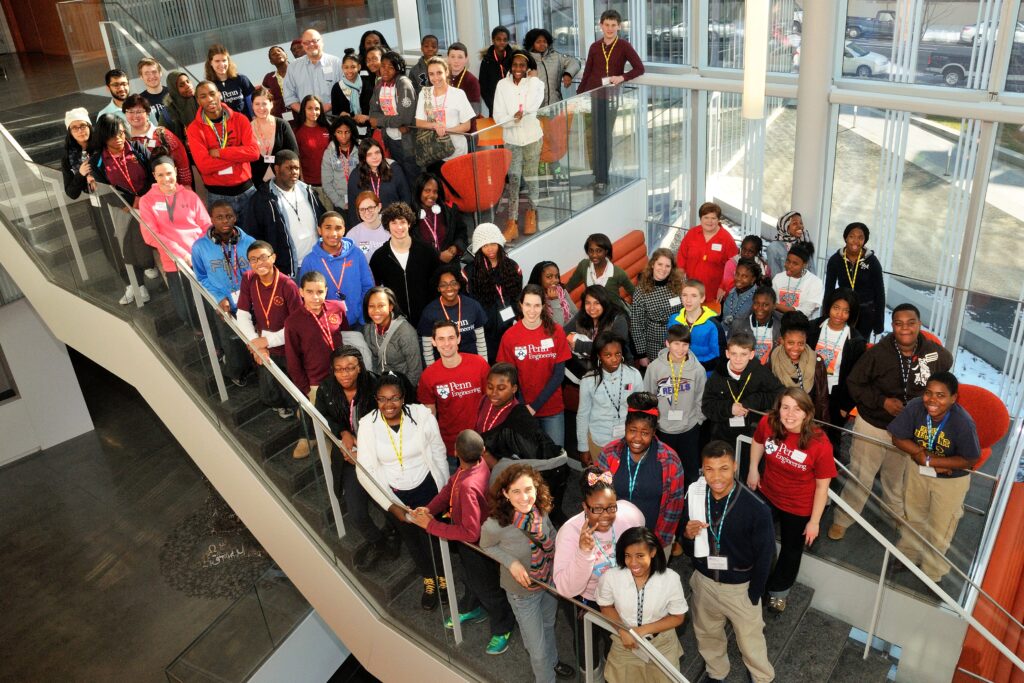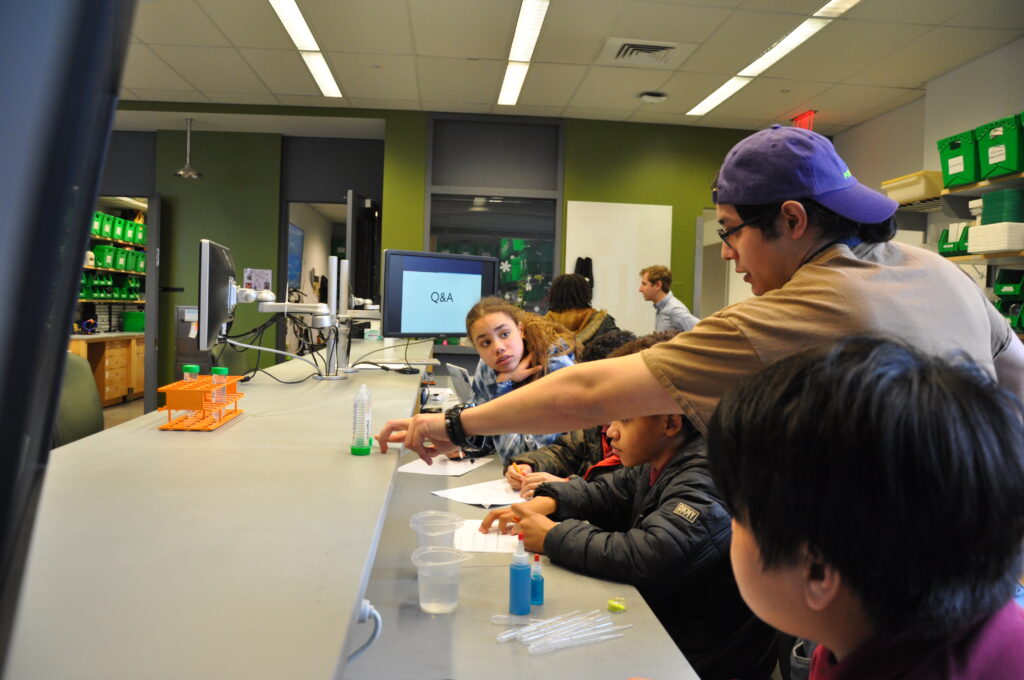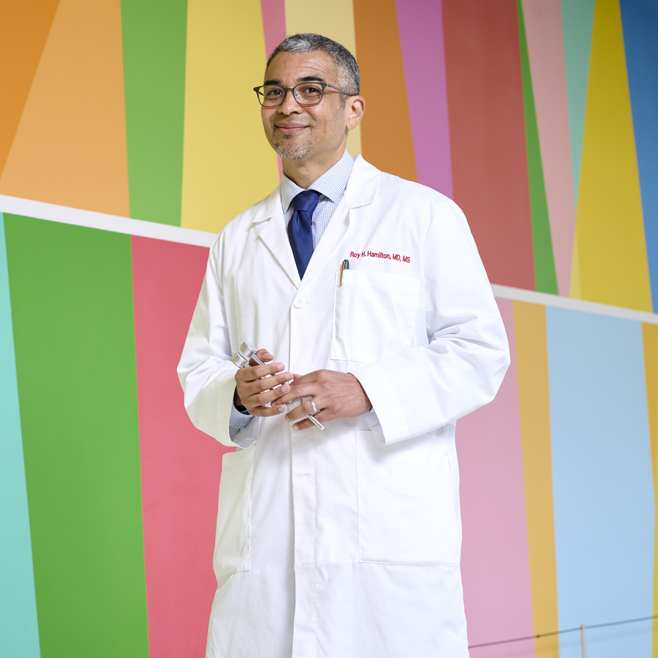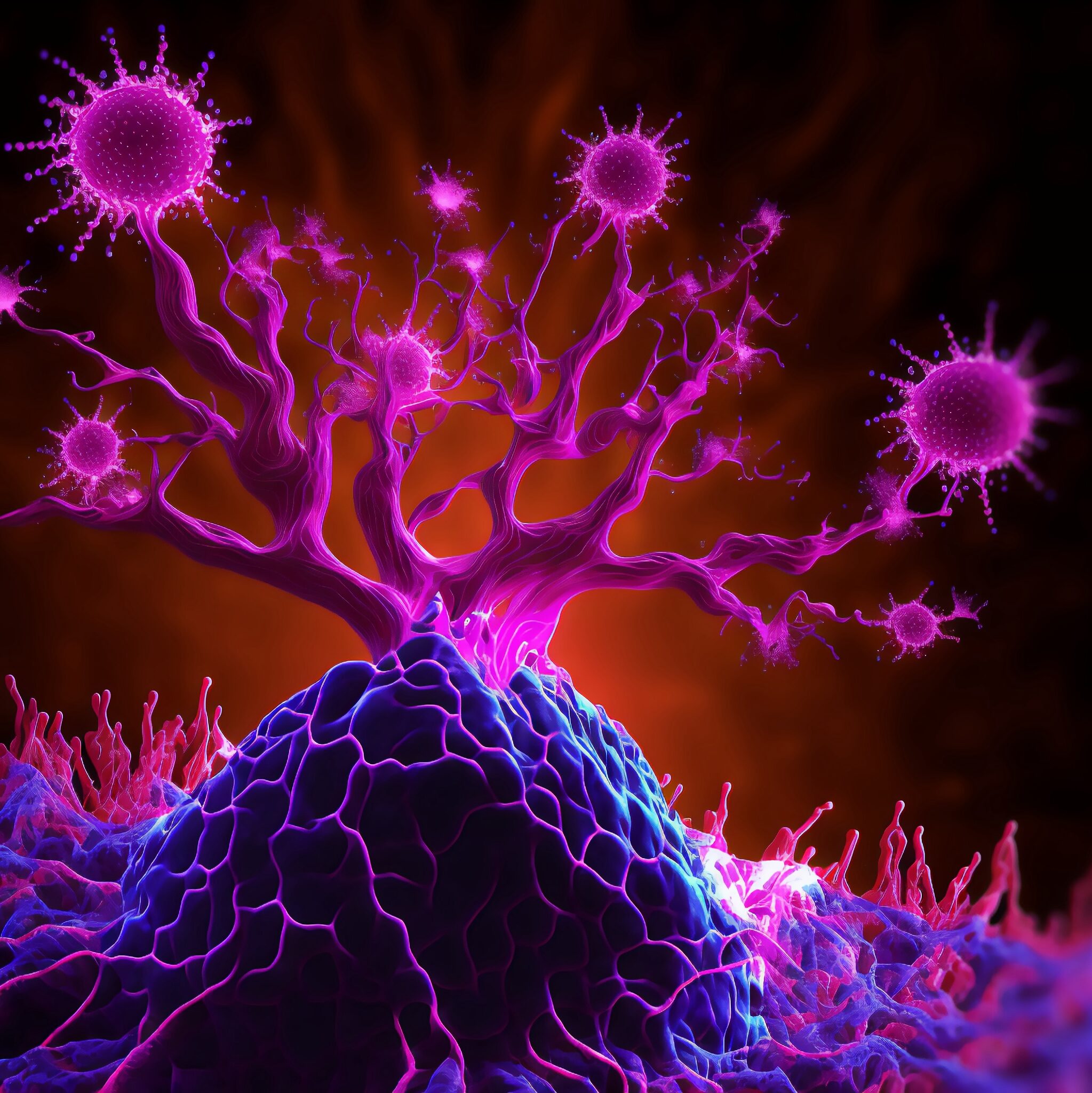As the fall semester begins and students return to campus, it’s the perfect moment to pause and reflect on the progress of the past year—and to look ahead to the opportunities before us. In Penn Bioengineering, we’ve seen extraordinary growth, momentum, and accomplishment across every part of our mission. From new faculty appointments and landmark research breakthroughs to student achievements and the opening of transformative new spaces, this has been a year defined by innovation and community.

I’m pleased to share another year of growth, momentum, and accomplishment in Penn Bioengineering. Our community continues to expand in size, energy, and ambition, and I am constantly inspired by the excellence of our students, faculty, and alumni. With 265 undergraduates, 217 master’s students, 404 doctoral students, and 60 faculty, the department is thriving across every dimension of our mission. This year marked a particularly exciting milestone as our community began fully utilizing Amy Gutmann Hall and One uCity Square—two transformative spaces that now house state-of-the-art laboratories, collaborative hubs, and flexible teaching environments that will sustain our growth for years to come.
I’m thrilled to share several exciting faculty updates that reflect the continued growth and excellence of Penn Bioengineering. We welcomed Eva Dyer, Ph.D., as the Rachleff Family Associate Professor, with a tenured appointment in both Bioengineering and Computer and Information Science. Eva is a nationally recognized leader in NeuroAI, whose work combines neuroscience and machine learning to deepen our understanding of brain function and drive innovation in neural technologies. We also welcomed Brian Halak, Ph.D. (Penn BE ’93), as a Practice Professor, bringing decades of experience as a biotech entrepreneur and investor. In addition, we’ve appointed Pranam Chatterjee, Ph.D., as Assistant Professor in Bioengineering and CIS, where his work in AI-driven protein design is helping to build bridges across engineering and precision health. Claudia Loebel, M.D., Ph.D.—a former Penn Bioengineering postdoc and now a Packard Fellow—has joined us as the Reliance Industries Term Assistant Professor. And I’m especially pleased to share that Alex Hughes, Ph.D., has been promoted to Associate Professor with tenure, a recognition of his innovative work in tissue engineering and regenerative medicine.
Our faculty were honored with a wide range of prestigious awards this year, reflecting the breadth and excellence of our community. Claudia Loebel received four significant recognitions: the Rising Star Award from BMES-CMBE, the CMBE Young Innovators Award, a MIRA Award from the NIH, and was named Junior Researcher of the Year by Wiley’s Macromolecular Rapid Communications. Cesar de la Fuente received the Michael S. Brown New Investigator Research Award from Penn’s Perelman School of Medicine and a 2025 Sloan Research Fellowship. Jina Ko was recognized with the NSF CAREER Award and received the Restore Prize from CiPD. Michael Mitchell received the Kabiller Rising Star Award in Nanomedicine from the International Institute for Nanotechnology and was elected to the Controlled Release Society College of Fellows. Noor Momin was honored with a PhRMA Foundation Award, a Hartwell Individual Biomedical Research Award, the AHA Transformational Project Award, and the PhRMA Foundation Faculty Starter Grant in Drug Delivery. Yihui Shen received a winning award from the inaugural Perelman School of Medicine Frontier Core Initiative, supporting the launch of a transformative research platform. David Cormode was elected to the AIMBE College of Fellows, an honor reserved for the top two percent of medical and biological engineers, in recognition of his pioneering contributions to the field of nanoparticle contrast agents and multi-energy x-ray imaging. Dennis Discher was elected to the American Academy of Arts and Sciences, one of the highest honors in U.S. scholarship. These achievements speak to the extraordinary talent, innovation, and leadership within our department, and to the collaborative spirit that defines Penn Bioengineering.
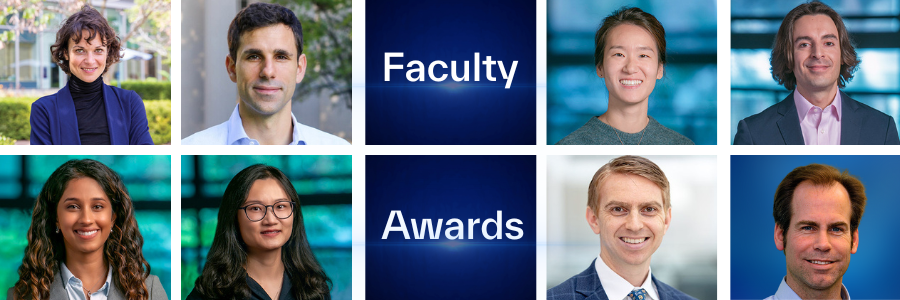
Botton row left to right: Noor Momin, Yihui Shen, David Cormode, and Dennis Discher
Our students, too, continue to shine. Ph.D. student Serena Omo-Lamai was selected as a 2025 Schmidt Science Fellow, one of the most prestigious postdoctoral honors worldwide. Nova Meng and Theresa Haupt received Fulbright U.S. Student Program grants, and four of our Ph.D. students were awarded NSF Graduate Research Fellowships, with several more earning honorable mention. Ajay Thatte received the Penn Prize for Excellence in Teaching by Graduate Students—an especially meaningful recognition of his dedication to mentorship. Several of our Ph.D. students earned recognition from the American Association of Immunologists (AAI) for outstanding abstracts and poster presentations at IMMUNOLOGY2025. These accolades speak to the curiosity, creativity, and drive of our student community.
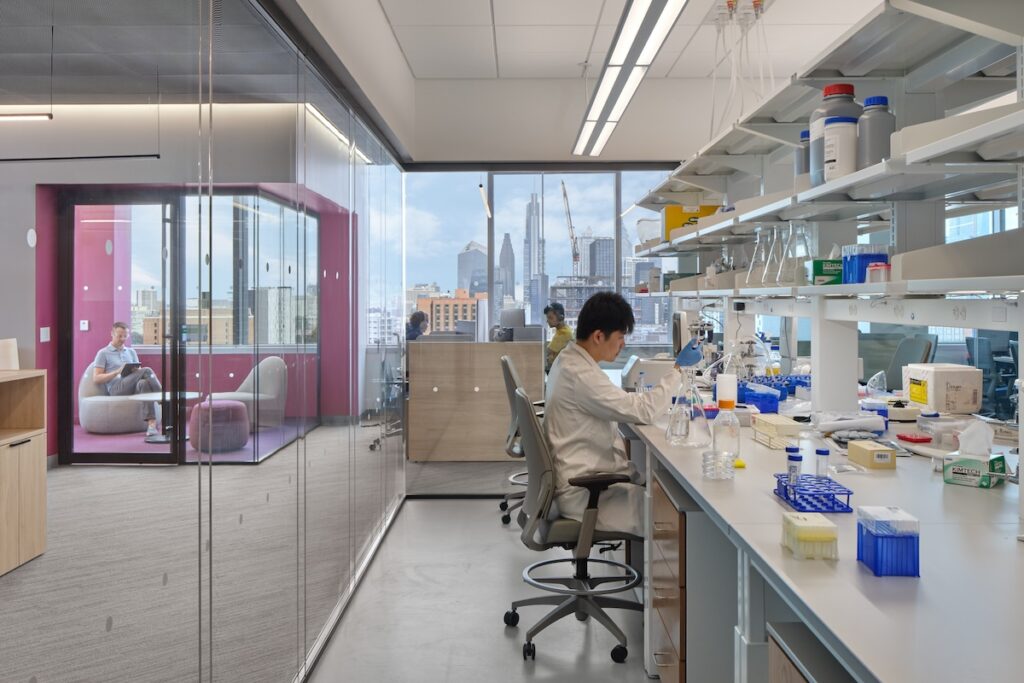
This year also marked the first full year of the Center for Precision Engineering for Health (CPE4H), now flourishing in its new home at One uCity Square. Currently hosting 12 Bioengineering labs, CPE4H has already proven instrumental in supporting early-stage research and helping faculty leverage preliminary results into major external funding, a clear example of how Penn Bioengineering is accelerating discoveries into real-world impact.
As the new academic year begins, we celebrate the many achievements of our students, faculty, and alumni, and we look ahead with energy and optimism. The growth of our community, the recognition of our faculty and students, and the expansion of our research footprint all signal a bright future for Penn Bioengineering. With new challenges to tackle and new opportunities to seize, our department is poised to continue shaping the future of health, technology, and society.
Sincerely,
Ravi Radhakrishnan, PhD
Professor and Herman P. Schwan Chair of Bioengineering
Professor of Chemical & Biomolecular Engineering

